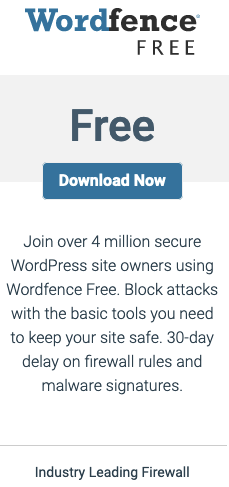Latest Release of Contact Form 7 Didn’t Actually Fix Authenticated (Editor+) Arbitrary File Upload Vulnerability
Recently, the WordPress security provider Wordfence was criticizing another provider, Patchstack, for incentivizing low quality claims of vulnerabilities in WordPress plugins:
There are an extremely high number of low risk and low quality vulnerabilities being submitted to databases like Patchstack,” he said. “Vulnerabilities that involve a Cross-Site Request Forgery are an example of this. The incentives we are seeing out there encourage researchers to generate a a high volume of low risk vulnerabilities to get rewarded. These high numbers are then used to market security products.” [Read more]
